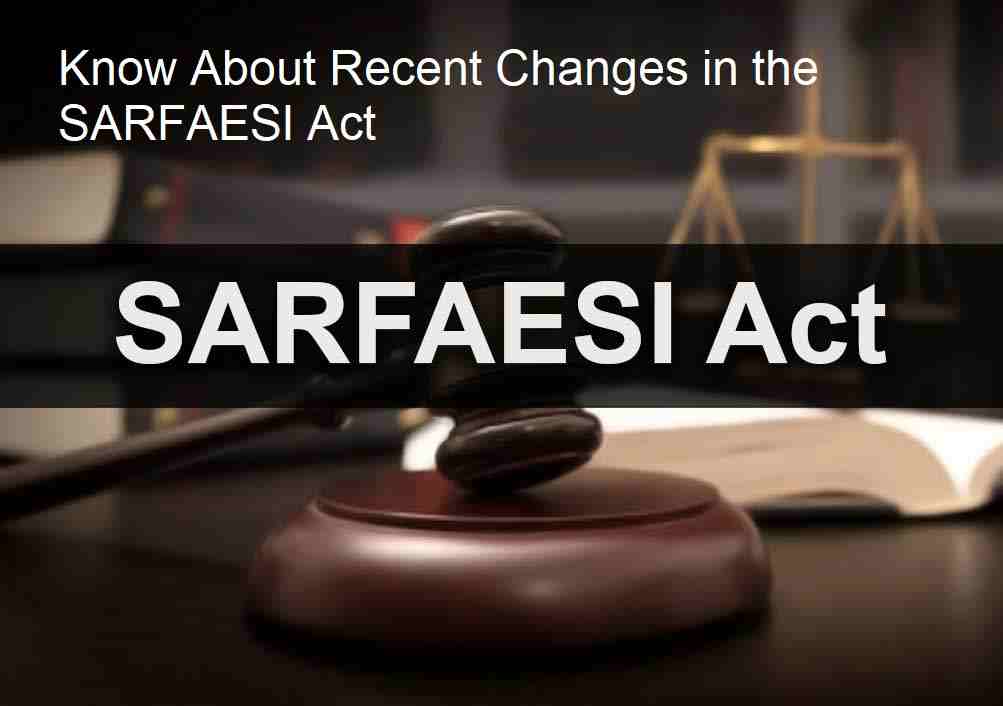Customers' defaults on loans have skyrocketed as the Indian economy continues to struggle and people lose their jobs. This includes home loans, which prior to COVID were thought to be relatively safe assets with few defaults. However, times have changed, and banks and housing finance companies now have a record number of non-performing assets (NPA), or properties whose buyers are unable to pay their EMIs, on their hands.
Banks must sell a property on the open market to recover their debts once it becomes NPA. Bid auctions take place throughout the sale. Both a tender auction in which potential buyers submit a tender document with an offer price and an online auction take place. However, banks set a minimum reserve price for each property, and the bidding price must exceed the reserve price.
In a large auction the year before, the State Bank of India sold nearly 1,000 residential properties.
There is a perception that bank auction properties are a good way to acquire a prime property at a good price and are cheaper than comparable properties on the open market. However, acquiring a property through a bank auction can be challenging and significantly more time-consuming than purchasing it through the open market, where you have unlimited time to make a decision and the seller is more than happy to simplify the process. You are typically on your own in a bank auction, increasing the likelihood of a bad deal.
1. A good piece of property in a bad spot. When we look for a home on the open market, we typically begin our search in the likely neighborhood or suburb where we want to live. After that, we establish our spending limits and begin our search for an affordable home. When you buy a house at a bank auction, you should go through the same steps. Banks sell properties from all over the country at most big auctions, including properties or plots in smaller towns and satellite towns far from big cities.
Therefore, you should first decide which city or neighborhood you want to buy a home in, and then look for properties that are available in these cities or neighborhoods. This is because it might make it more likely that you'll end up with a bad property in a bad area.
2. Do you know if the bank actually owns the property? The majority of property auctions include a period of inspection during which potential buyers have a few days to physically verify the property. You should also check the neighborhood and the housing society when you inspect the property. The most crucial factor is making certain that the lender or bank actually owns the property. Bidding on a property for which the lender does not have physical possession or the keys is pointless.
3. Is the auction's cost reasonable? The perception that properties sold at bank auction are less expensive than comparable properties sold on the open market is widespread. However, the auction property may not be significantly less expensive than comparable properties on the open market once you factor in the opportunity cost of your time, effort, and upfront cash payment. Acquiring a property that was taken from its original owner due to financial difficulties carries some risk. You are deserving of a premium or payment for taking that risk. Consider all costs when calculating the price, including legal fees if you have hired one, the cost of registering the property after the auction, the likely cost of renovating the property, and the opportunity cost of the earnest money deposit (EMD), which will be tied up with the bank for at least a month.
4. Maintain the strict deadline for the action process. Within 30 days of the auction's publication on their website or in newspapers, banks typically complete the entire process. Therefore, you have approximately one month to select the property, arrange your documents, complete the tender or auction document, and pay the bid amount. Only participate if you have the time to run around. While a home loan is an option, many banks will not lend against foreclosed property or may charge a higher interest rate.
You risk losing the initial amount you deposited with the bank if you fail to deposit the balance within the allotted time. Therefore, if at all possible, a cash-only deal is preferable. In addition, if you decide to go ahead with it, the total cost of the auctioned property should take into account the possibility of losing interest income.
5. In the auction, don't bid too high. Every property in an auction has a base or reserve price, and potential buyers must bid in increments of a few thousand rupees based on the reserve amount. The auction is won by the highest bidder, and there is no limit to the number of bids. Keep in mind that auction is a game, and winning a bidding war is satisfying. As a result, you run the risk of setting a bid price that is higher than the market price and getting carried away by the procedure. Don't worry if other bidders are offering significantly higher prices. However, don't be afraid to pay a premium if the property is unique in terms of location or commercial potential that you can use in the future. However, take a calculated risk and stay within the bounds you established prior to the auction.
